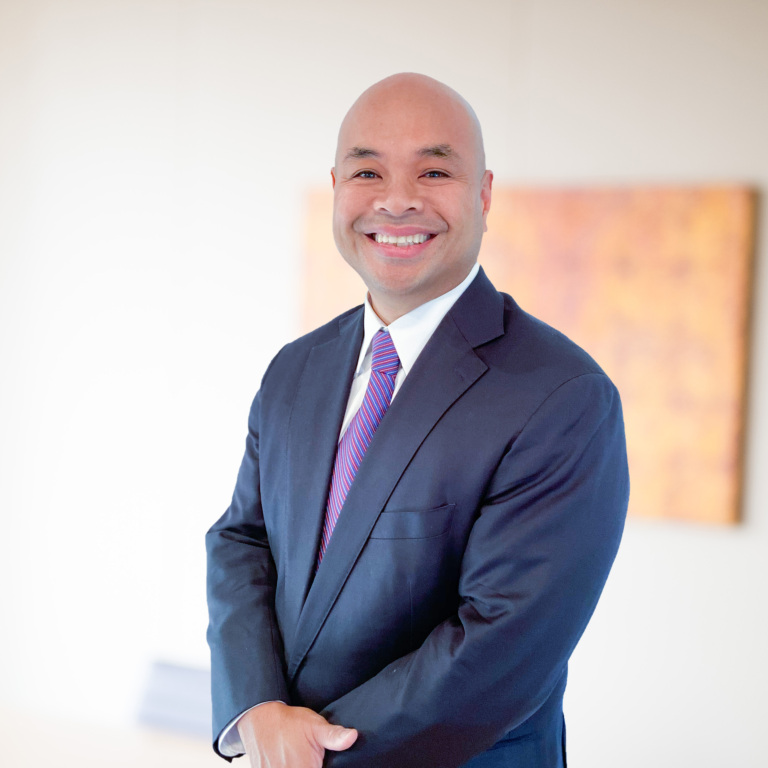Overview
On March 14, 2025, a three-judge panel of the US Court of Appeals for the Fourth Circuit granted the federal government's request for a stay pending appeal of a Maryland federal district court's preliminary injunction. This injunction had blocked the enforcement of select provisions of President Trump's recent anti-Diversity, Equity, and Inclusion (DEI) Executive Orders. In issuing the injunction, the district court had held that the challenged provisions likely violate the First Amendment's Free Speech Clause and the Fifth Amendment's Due Process Clause. These provisions direct agencies to terminate equity-related grants or contracts, compel federal contractors, grant recipients and their sub-awardees to agree that compliance with antidiscrimination laws is "material to the government's payment decisions" and to certify that they do not operate DEI programs that violate antidiscrimination laws. The provisions also mandate measures "to encourage the private sector to end illegal discrimination and preferences, including DEI." In response to the district court's decision, the federal government appealed and requested a stay of the injunction to permit enforcement of the anti-DEI Executive Orders pending resolution of its appeal.
In a short order, the Fourth Circuit granted the federal government's request to stay the injunction pending appeal. All members of the panel agreed that the federal government is likely to succeed in showing that the challenged provisions do not violate the First or Fifth Amendments. Each judge wrote a concurring opinion elaborating on their reasons for granting the government's stay request.
Judge Pamela Harris, joined by Chief Judge Albert Diaz, observed that because the executive orders are narrow in scope, they "do not purport to establish the illegality of all efforts to advance diversity, equity or inclusion," but instead govern "conduct that violates existing federal antidiscrimination law" and are limited to grant-funded activity. Therefore, these orders likely do not facially violate the First or Fifth Amendments. Judge Harris reasoned that the executive orders could violate the law if agencies' enforcement actions went beyond the orders' narrow scope. However, because the plaintiffs in this case did not challenge a specific agency enforcement action, Judge Harris agreed to stay the injunction. Chief Judge Albert Diaz wrote further to highlight what he believes are some of the benefits of diversity efforts, which he observed can create an environment "where everyone is respected and valued." Judge Allison Jones Rushing echoed Judge Harris's view, emphasizing that the plaintiffs in this case did not challenge a specific agency action, rendering the district court's grounds for enjoining enforcement improperly reliant on speculation about how agencies may implement the executive orders. Judge Rushing also criticized the expansive scope of the district court's nationwide injunction, which she characterized as enjoining "nondefendants from taking action against nonplaintiffs."
It is important to note that the Fourth Circuit's order was not a final decision regarding the executive orders' legality. The court's order only permits enforcement of the challenged provisions pending resolution of the government’s appeal, which the Fourth Circuit has indicated it will review on an expedited basis. In the meantime, the challenged provisions are again enforceable against various institutions, including government contractors, private companies, and colleges and universities. Consequently, federal investigations into DEI practices are likely to begin, and federal contractors will likely be required to certify that they are not using illegal DEI practices. Private sector entities should continue to thoroughly evaluate any planned or existing DEI initiatives against the risks of enforcement. It is critical that companies conduct independent assessments to ensure that their DEI programs comply with federal antidiscrimination laws. Steptoe stands ready to help companies in conducting these assessments.
Steptoe will continue to monitor developments surrounding the executive orders and provide timely updates. Please check back regularly for future updates and additional insights. For previous information on this topic, please refer to our earlier client alerts:








